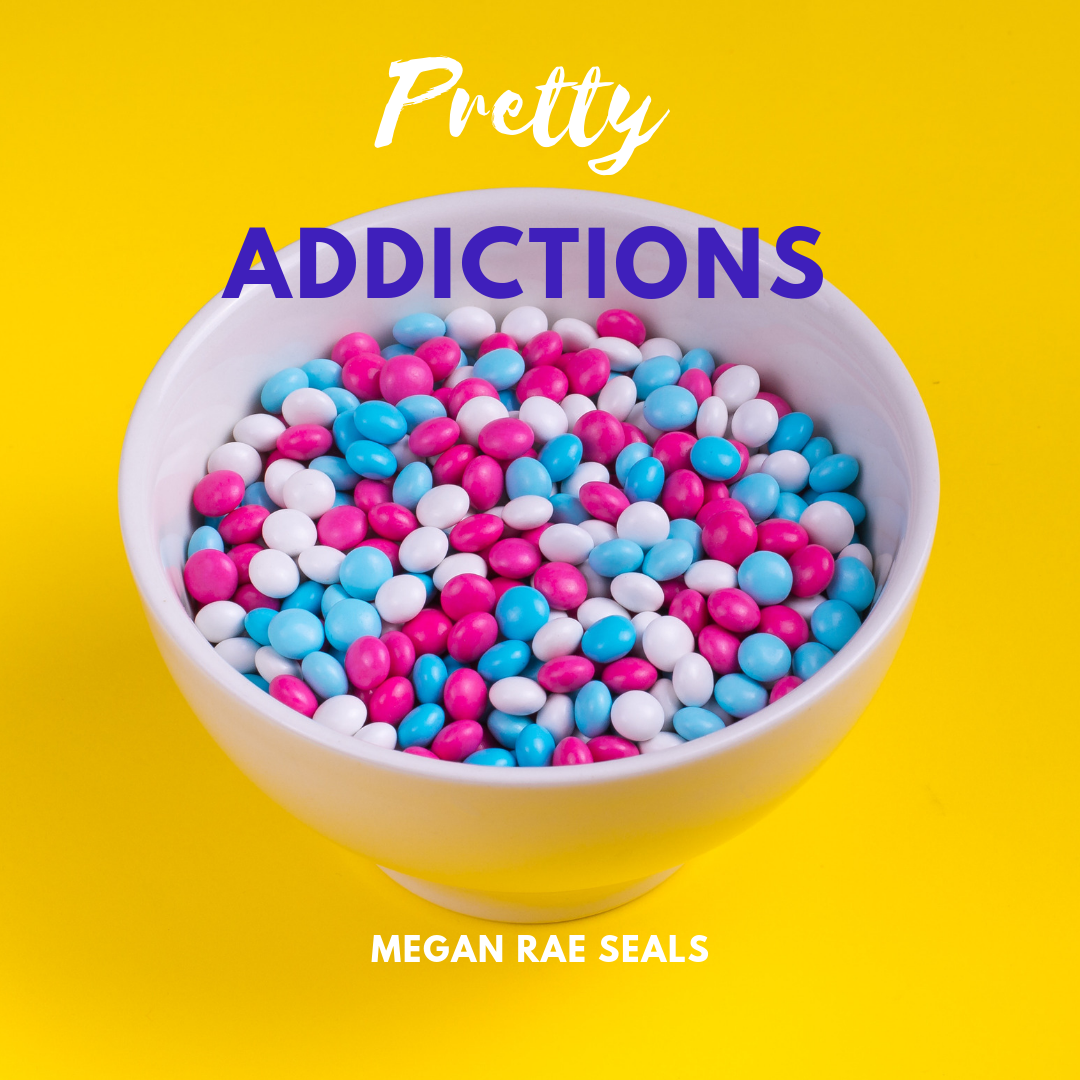Recently I saw a meme floating around Facebook comparing two adult sons of an alcoholic. The gist of the meme was that one was an alcoholic while the other had chosen another more respectable lifestyle. “See? Alcoholism is a choice!” the meme declares with an air of smug judgment. I found myself feeling somewhat discouraged, because it is based on faulty thinking. Not only does it perpetuate the belief that alcoholics are weak humans who selfishly choose to be sick, it also makes a bold assumption that the other brother is healthy and superior. The reality is, more often than not, he is not any healthier than the other. He just found prettier ways to mask his demons.
Generational sin is a concept spoken of frequently in the Old Testament. While I used to stare in wide-eyed disbelief at the thought that God would curse generations of grandchildren for someone else’s missteps, I’ve now grown to understand that these ancient writers were actually onto something. It’s not that God curses your great grandchildren for mistakes you make; rather, dysfunctional family systems have a way of creating ripples of unhealthy patterns of behavior that can take generations to unravel.
My own family history is woven with beautiful stories of grit, bravery, strong women, war veterans, and devoted love and care for one another. However, over time I found hidden stories that suggested my family history was also laced with hardship, poverty, abuse, infidelity, and addiction. While my parents and their siblings tried to shield my generation from much of this, the reality is, unresolved trauma and dysfunctional patterns of behavior have a way of trickling down in subtle ways.
For much of my life, I was an obnoxiously high-functioning over-achiever. If you had asked me in my youth, I would have agreed with that meme, believing myself superior to my ancestors because I presented an exterior mask of perfection, straight As, and sobriety. However, somehow my twenties were suddenly plagued by a puzzling darkness. I often found myself with partners who were addicts, abusers, and adulterers. I dedicated over a decade to fixing others, which implied that I myself did not need to be fixed.
However, I was tragically wrong.
The reality is, I was just as unhealthy and in need of recovery as those whose addictions we sigh and whisper about at the dinner table. Instead of drugs, sex, and alcohol, I found other more socially acceptable ways to numb my feelings and avoid any real soul work. Finally as I entered my thirties with a gutwrenching divorce, I had to face my demons. Through therapy I recognized that not only am I a love and work addict, but also a codependent with a substantial savior complex. I wore my busyness like a badge of honor, focusing on ways I could help others and working unhealthy hours. I often fell in love with the idea of love, projecting my own image of perfection without seeing the reality of the man in front of me. I lost touch with my own self, instead merging and adapting to become whatever others wanted or needed of me. Through all of this I completely lost the ability to feel and identify my own emotions, resulting in my infantile need for a “feelings wheel” whenever my therapist asked me how I was feeling rather than thinking.
In therapy, I decided to tackle my love addiction head on. Yet, once I pledged to abstain from relationships, I found myself playing “whack a mole” as exercise, chocoloate, Netflix, Facebook, wine, Amazon, and basically any other behavior vied to be the next numbing tactic. Like most traditional addicts, I simply replaced one with the other once I attained “sobriety.” I was a confused, hot mess.
The more days I walk this planet, the more I realize that almost everyone has been impacted by addiction or abuse. So many of us are unhealthy, yet we go through life with our dirty laundry unnoticed because our addictions are prettier than opiods, whiskey, or prostitutes.
So what do we do?
First, take a good hard look at yourself. Do you pride yourself in focusing on others’ problems rather than spend time with your own? Have you been in a pattern of relationships that are unhealthy? Do you use behaviors, work, people, or stress to avoid unpleasant feelings such as anger or sadness? Do you get a rush from being needed? If so, you might have a “pretty” addiction that you need to face.
If you are in this pretty addict club, there are a few things I would recommend.
- Work with a therapist to uncover any past trauma or family of origin issues that need to be dealt with. You’d be surprised what might be hidden in that tricky little brain of yours, and you might also discover that patterns of behavior that you thought were normal in your family aren’t.
- Join a support group. I loathe talking about my feelings, so doing so in a group was not a fun skill for me to learn. However, you learn and grow much faster when you share your stories and hear others’. Addiction absolutely cannot be overcome in isolation, so you need a community.
- Find a 12-step group. For every AA, NA, and SA group that exists, there is a related version for partners or family members of addicts. Al-anon, S-Anon, Adult Children of Alcoholics (ACA), Codependents Anonymous (CODA), Overeaters Anonymous (OA) – you name it, there’s a group for it. Many churches, including Floris UMC, also have a Celebrate Recovery program that works with anyone with “hurts, habits, or hangups” (a.k.a. humans).
- Educate yourself and read daily devotions for recovery. I have read more psychology books than I want to admit to, but it has been extremely helpful. Peruse Amazon and you’ll probably find something helpful, or check out my book list.
- Develop empathy for other addicts. We are all basically doing the same thing. We’re no better or worse than anyone else.
- Be patient. Sadly, I am writing this just as much for me as I am for anyone else. This is a long, arduous process. I keep thinking that I should be healthy by now, but apparently recovery can take years or even decades. Buckle up, because as soon as you work through one thing, you uncover a new issue that demands attention.
Pretty addictions might give the illusion of functionality, but many of us are harboring inner darkness that needs to be addressed. Let’s stop worrying about the splinters in others’ eye and begin to finally tackle the plank that is in our own. God has much more in store for us if we can truly shed the darkness and live into our true healthy selves.



